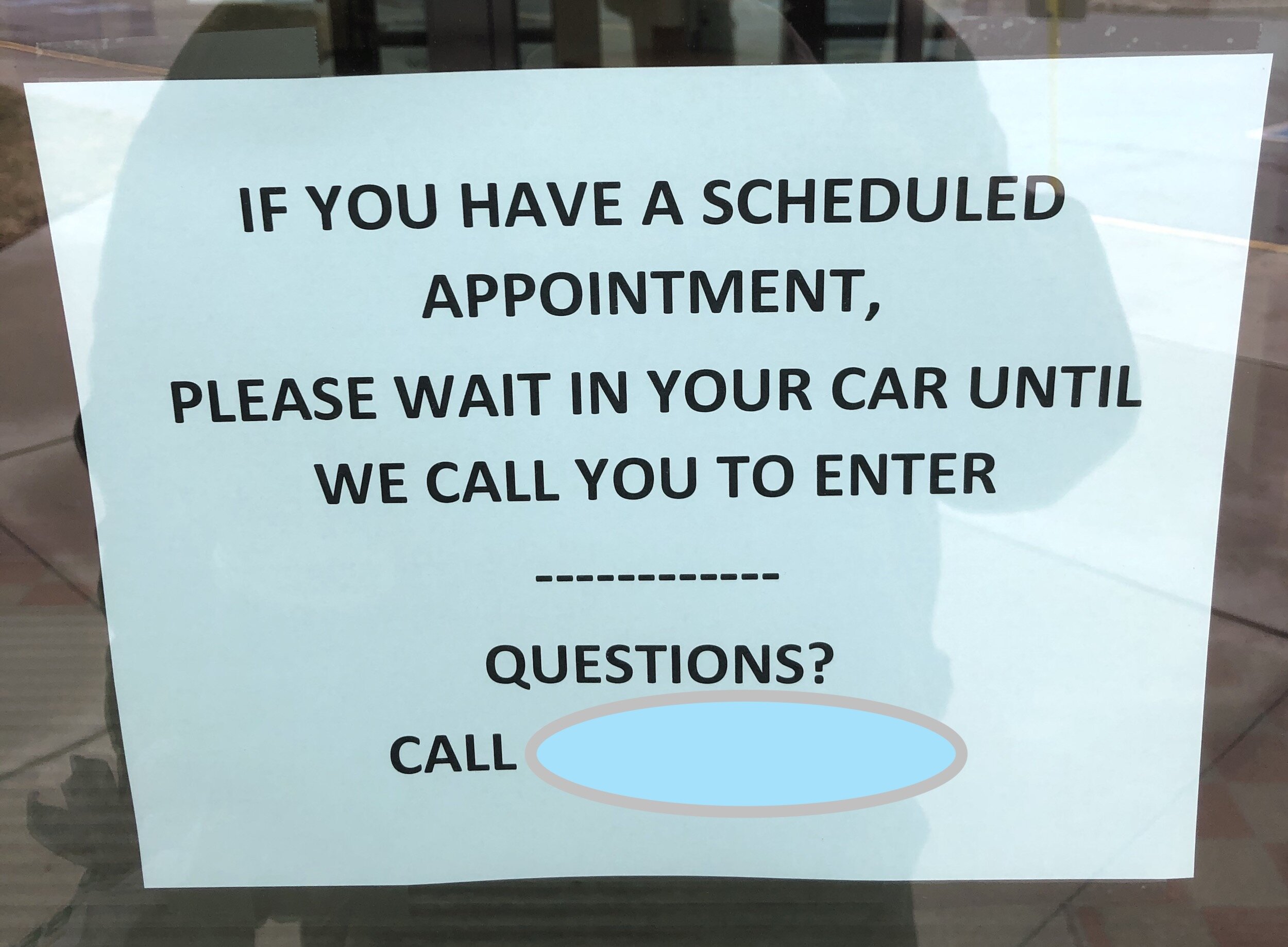Statue of Veritas, Goddess of Truth, Wikipedia
Avoiding the Truth
How hard is it to ignore the obvious? Well, if you work in a field that causes you to work closely with people that are having problems you would know . . . it's not that hard. As an example, I remember working with a lady who was dealing with end of life issues with her 80-plus year old mother. As we talked, she repeatedly aid "if she dies" then . . . as a therapist I gently kept reminding her that it was not "if" but "when" she died . . . we have a remarkable ability to see, or not see, uncomfortable truths. As a consultant working with organizations you need to ruthlessly make yourself, and often your clients, deal with the reality of their situations . . . not the dream of how it could, or should, be . . . .
I once worked with an organization where the outside experts had worked for a year with leadership to bring them to a "path forward." They had created an agreement. They had endured a great deal of conflict, the loss of several of their board of advisors, had their primary leader go through an evaluation and remediation process and finally to the construction of the "agreement.". They were ready to go forward. Except they weren't. An hour of listening to them talk about the history and the creation of the agreement told me, "this leadership team is still split into two camps . . . those for, and those against, the current executive."
Risking Change
So I said it. "It doesn't seem like this leadership team is on the same page." My next thought was, "I'm so fired!" You see it's my firm belief that many people do not appreciate those who tell them hard truths. I often underestimate people in that way. To there credit, they were able to say to me, "You're right!" The hierarchy of the corporate structure and local leadership supported the conclusion and we threw out the agreement plan. Instead, we worked on a time-limited plan to see if we could get the leadership team on the same page or separate amicably for the good of the organization.
Speaking Truth . . . Anyway
I am aware it does not always end well if you risk speaking the truth. I've had one manager who, when given the results of interviews with her employees (which were a mix of positives and negatives) exploded with "What is my manager going to think? I promised to share the results with him!" While uncomfortable, these moments allow for you to continue to guide leaders into confronting the truth . . . "Did you think you would only hear positives? Wouldn't your supervisor want you aware to the challenges to your team's success? or if you are in a coaching situation with that leader maybe it is a more personal "What makes you afraid of what your boss is going to think?"
Truth is the Only path to Change
Many experts on business have noted that leaders have to have an accurate picture of where they are and a vision of where they want to go. It is consultant's responsibility to help leaders look at all the facts of where they are in the present--without distortion or fear--and enable them to focus on how to take realistic steps toward the preferred future. In this, consultants themselves must model a willingness to confront the truth of their own involvement with the leader or organization. This includes the fact that your own view of the "truth" may not match the of the leader or organization. Do not run from this! When these views collide you very well may be at the moment of peak effectiveness to make change happen. A non-anxious presence of someone speaking truth at that moment can be transformative!












